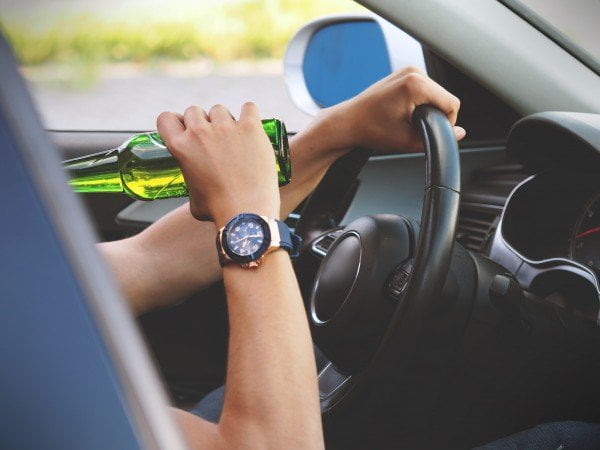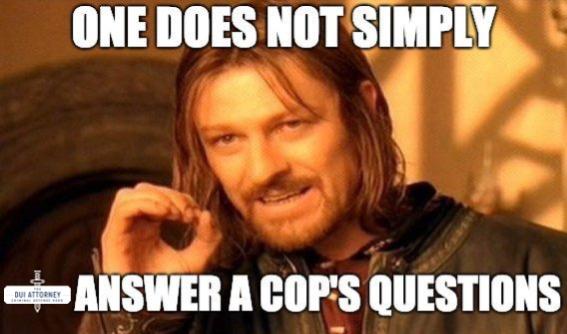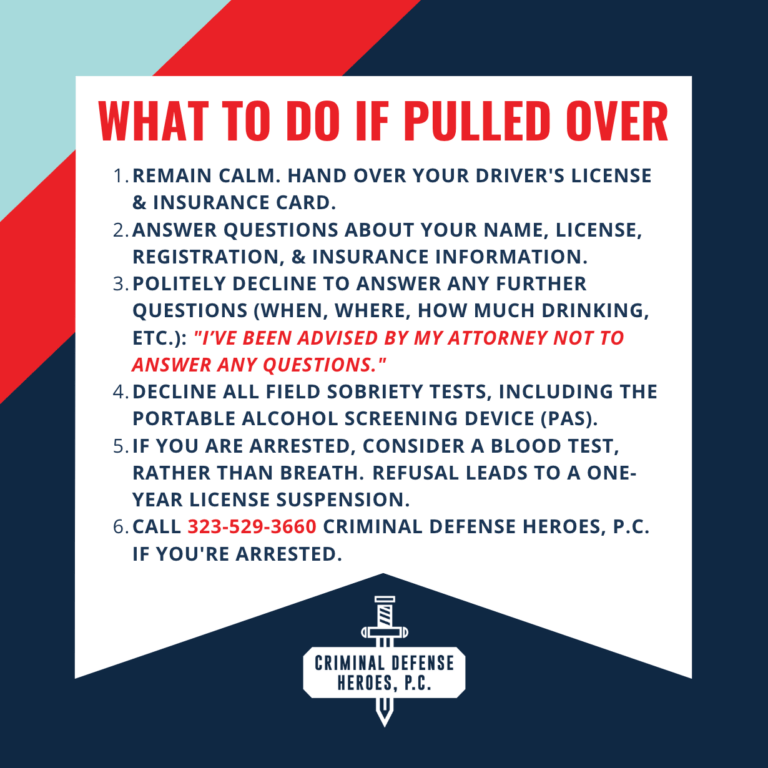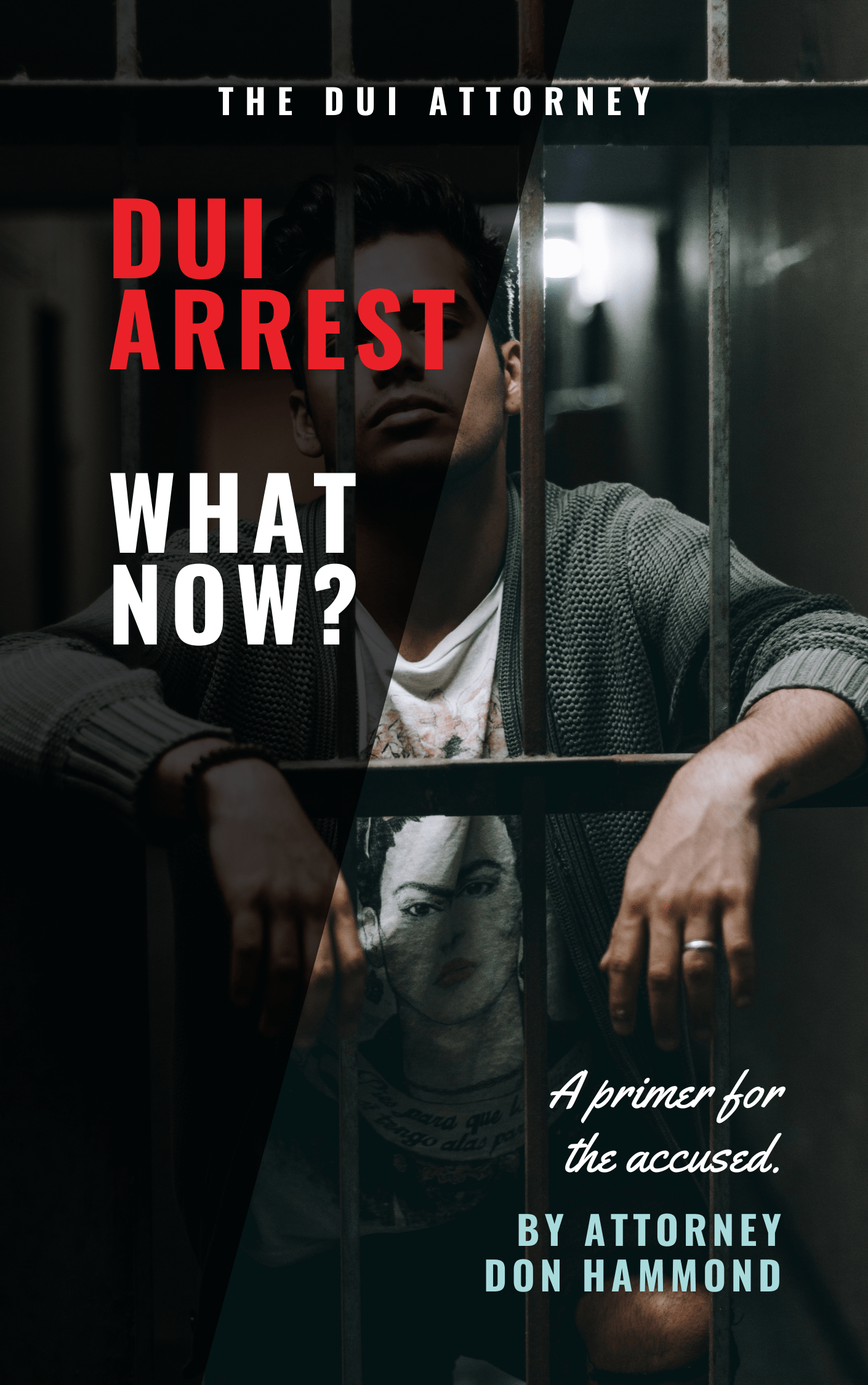WHAT YOU SHOULD DO IF YOU’RE STOPPED FOR A DUI

A driving under the influence, or DUI, charge can be a difficult one to deal with legally. If you ever find yourself in a car driving while suspected of being under the influence, the way you respond to the officer and your offense could determine the severity of the charge. You want to avoid doing anything that would further damage your record. Follow these steps if you’re stopped for a DUI:
PULL OVER SAFELY
If you see those blue and red lights behind you when you’re driving, make sure that you take caution and pull over safely. Find a safe location to pull over that is well-lit for both your safety and the safety of the officer. Avoid narrow sides of the road and dimly-lit areas whenever possible. This could spell trouble for you as it is more likely that passersby may not see you or the officer. This can result in further injury. The officer will appreciate that you’re also looking out for his or her safety.
TURN OFF THE ENGINE AND SIT STILL
Turning off your engine when you are pulled over by a cop will give them the assurance that you aren’t going to try to drive off when they are approaching your vehicle. Sit still to avoid any misinterpretation of your movements. Cops are trying to stay safe too, and any movement that seems like it is threatening to them could result in further injury or charge. Sit still with your hands on the steering wheel and wait for the officer to approach your car and speak with you.
SPEAK CLEARLY AND FOLLOW LEGAL PROCEDURE
If an officer asks you for your license and registration, let them know where it is in your car and tell them you will need to reach to that location to get your identification and insurance card. Wait until the cop acknowledges that it is OK for you to reach for the documents. When you receive confirmation, reach for your documents slowly and hand them to the officer. Be sure to answer any legal questions you are asked, but you are not required to answer questions about drinking, from where you’re coming, where’s you’re going, etc. Stay seated and still as the officer heads back to their vehicle to run your information.

BE POLITE AND AVOID QUESTIONS THAT COULD PUT YOU AT FAULT
Being pulled over by the cops is always stressful, and you may feel as if the cop has pulled you over without cause. At any rate, be polite but avoid questions like “how much have you had to drink” by saying “I have been advised not to answer any questions.” Keep your answers short. If you’ve been drinking, speaking unnecessarily and excessively allows the officer to make subjective observations like “I smelled the odor of alcohol on the driver’s breath” and “the driver’s speech was “slurred, incoherent, and slow.” If you admit to consuming ANY amount alcoholic beverages, you are testifying against yourself. This can be used in court against you to prove the officer’s case. You should answer questions about your name, license, registration, and insurance information.
CHOOSE YOUR METHOD OF TESTING CAREFULLY
Most lawyers are undecided on what test is best to determine if you are truly driving under the influence legally. Skip the field sobriety test. Standardized and objective criteria for passing or failing a field sobriety test do not exist. So, respectfully decline to follow the tip of a pen with your eyes, walk a line, stand on one leg, or estimate 30 seconds. The Portable Alcohol Sensor (or pre-arrest breath test) is optional, so politely decline. Breathalyzer tests are unreliable and have skewed results. (*If you are arrested, you are required to submit to either a blood or breath test at the police station.) The results of a pre-arrest test can hurt you because it gives the officer more probable cause for arresting you. If you feel that you may be driving under the influence, you might want to opt for the more precise chemical test at the police station. However, if you feel you were pulled over for no reason and you have not had a drop of alcohol, you can opt for the prearrest breath test.
ACCEPT WHATEVER THE DECISION IS
If the cop says that they need to take you in because you don’t need to be driving, accept that and don’t fight it. Don’t say anything that can get you into trouble or further damage whatever case you may have. If you were pulled over, tested, and ticketed for something else, accept the ticket and leave the scene when the officer gives you the OK.
WRITE DOWN YOUR STORY AND CONTACT AN ATTORNEY
Whenever you are released from holding, grab a pen and a sheet of paper and jot down everything you remember. Here is a list of questions to get you started:
Before driving, where were you and what were you doing? Where were you pulled over? Who were you with and can they testify to your activity? How many drinks per hour did you have? What type of drinks did you have? Did you officer treat you badly at any point? What instructions did the officer give you? When did the officer read your Miranda rights? How did you interact with the officer?
After you’ve written down all the details, contact Don Hammond or a reputable DUI attorney who can help you lower or eliminate your sentence in court. This is important, as you may not know a lot of the legal avenues by which an attorney can help reduce or eliminate your sentence. You can request to meet with the attorney before committing to using their services. Most attorneys offer a free consultation. Make sure to select a competent attorney who has positive reviews and a good idea on how to handle your case to lower or eliminate your sentence.
DOWNLOAD AND PRINT OUR ‘WHAT YOU SHOULD DO IF PULLED OVER’ CARD
Keep this in your car in case of emergency.











